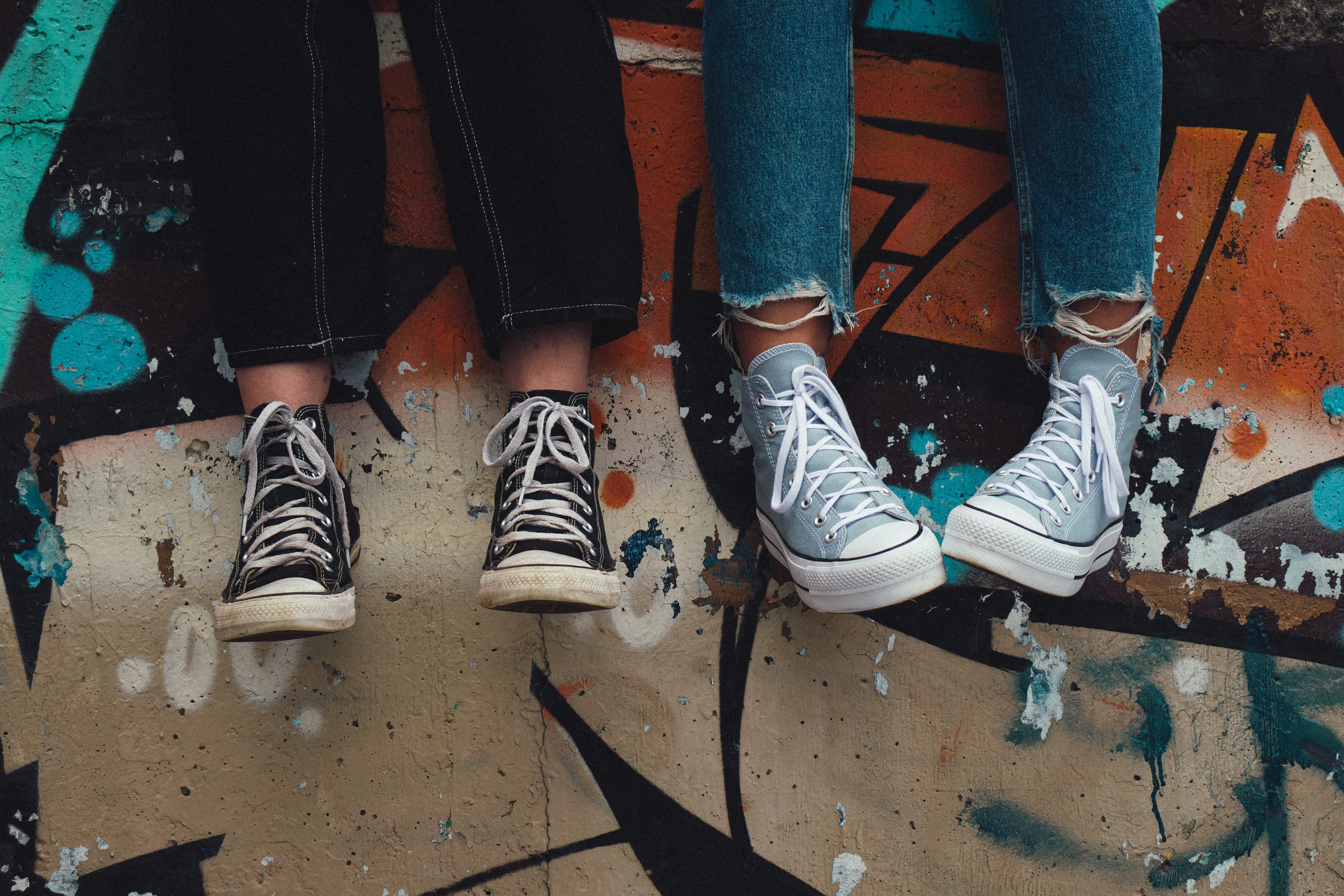Nurturing the Mental Health of the Next Generation
Can you introduce yourself for our blog?
Hi, I’m Vedica – I’m a Mental Health advocate, a trained Mental Health First Aider and suicide gatekeeper. I am very passionate about the cause of Mental Health and in this effect, I also run 2 initiatives, Kangaroo Minds and Sport Beats Stigma to spread awareness and enhance the knowledge around Mental Health and Mental Illnesses.
I consider myself to be driven by the desire to make a difference and to empower, motivate and cultivate a generation of young leaders. Over the years, I’ve worked, spoken at and studied in different parts of the world and have also spent a lot of time running community-based initiatives for causes like Mental Health at the grassroots level in rural India and my efforts in this regard have also been recognised by the Diana Award.
What do you wish you had known when you were a child/ what would have benefitted you?
I wish I had known that it’s ok to not be ok all the time and that things do get better if we choose to open up. We don’t have to bottle it all in in the name of being ‘strong’, ‘brave’ or ‘resilient’ – it’s ok to not have it all together all the time and need to reach out for help. There is always help, hope, and people who genuinely, unconditionally care.
If you could go back and speak to your younger self, what would you tell them?
That’s an interesting question & when I think about it, there’s definitely a lot of things that I’ve learned over the years that I’d like my younger self to know. I’d start off with telling my younger self that it is so important to surround ourselves with those who are good for our Mental Health. Next, that I am more than a number – be it a score on a test, a number on a scale or a size on clothing label, I am a human being with feelings, dreams and the potential to make a difference no matter how young or old I might be. Lastly, I’d also like my younger self to know that there might be someone else out there who is younger, fairer, skinnier or smarter, but there will only be one me, and for those who love me, will love and accept me unconditionally, just as I am, regardless.
What would be your advice on being Neurodivergent in a Neurotypical world?
In this regard, my biggest advice would be to unabashedly advocate for yourself and speak up about your needs and the accommodations/ adjustments which can help you thrive. It can also be helpful to build meaningful connections and stay connected with those who understand and accept you as you are. When trying to cope with being in a neurotypical world, things like establishing a sense of routine and structure, setting SMART goals and prioritising self-care can also go a long way.
Why is it important to connect with people and what is your go-to way to do this?
By building authentic and meaningful connections, we can find ourselves in safe, non-judgemental spaces which can help us feel understood, accepted, aid our recovery and help us thrive. When we struggle with our Mental Health or battle a Mental Illness, it can make us feel even more lonely and isolated or we may choose to withdraw ourselves from those around us; in such times leaning into these authentic connections can particularly go a long way.
One thing I do recommend is reaching out to those you trust when you’re struggling and on the flip side, also check in from time to time with those we care about, we have no idea what others might be going through.
What are some signs young people can look out for which can suggest that their Mental Health is being impacted adversely?
If you’ve noticed a drastic change in your moods, eating habits or sleeping habits or notice that you’re not enjoying activities you enjoyed earlier, you should take these as some generic warning signs that your Mental Health might be affected adversely.
What can young people do if they are having a hard time with their Mental Health?
First, know that it’s ok not be ok and that you are neither alone in this nor do you have to go through this alone. If you find yourself having a hard time, please talk to someone – this could be a trusted adult such as a parent or relative, your teacher, a school/ college counsellor, your GP or a verified Mental Health support helpline/ texting service.
Do you have any advice for managing your Mental Health and aiding in recovery?
When it comes to looking after our Mental Health and aiding recovery, it’s important to understand that different days can look different, and thus we need to not expect recovery to be a linear journey either. However cliché it might sound, we should give ourselves grace, compassion and kindness while also celebrating the little wins along the way. Through this process, one thing that can be really helpful is doing a daily check-in either through journaling or a mood tracker app as it can help us monitor our progress and pick up on signs which we may otherwise overlook.
As a parting word, is there anything you’d like young people to know?
Know that you’re not alone, no matter what you’re going through right now. I know on some days this feels easier said than done, but do remember that even the darkest rain clouds do eventually run out of rain and the sun does come out again. So, hang in there, and always choose to stay – the world needs your magic!
For more on what we do, you can head over to our website(s) or find us as Kangaroo Minds and Sport Beats Stigma across socials!
![Vedica Podar 1[65]](https://firststepsed.co.uk/wp-content/uploads/Vedica-Podar-165-e1675853350280.png)

